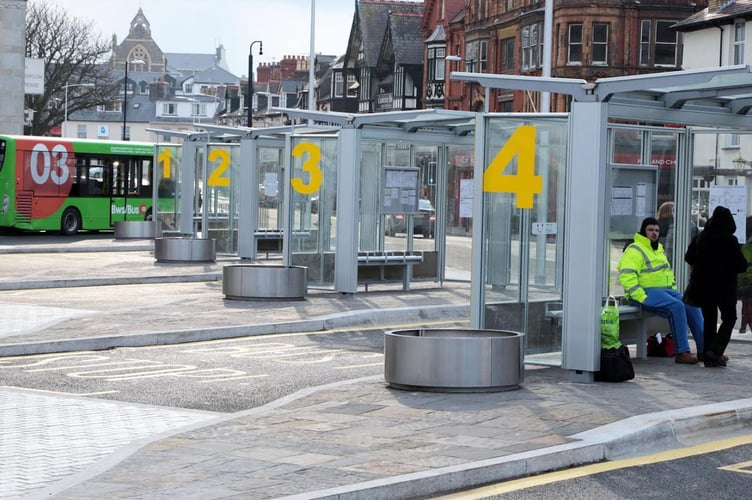A plan to franchise bus services in Wales will not make services more reliable and unprofitable routes could disappear altogether, the Ceredigion Green Party has warned.
Welsh Government plans to end the current “de-regulated” bus system passed the first stop on the legislative journey as the Senedd voted in favour of the general principles last month.
The Welsh Government said “bus franchising means that decisions about bus services in Wales, including routes, timetables, fares, hours of operation and service quality standards, will be made by Welsh Government and Transport for Wales (TfW), working in partnership with local authorities and Corporate Joint Committees.”
Ceredigion’s Green Party however, have said it “appears to be a top-down centralised approach, with undoubtedly an expensive bureaucracy to run it.”
Amy Nicholass, number one candidate for the Green Party in Ceredigion Penfro is reliant on the bus network.
She said: “I use buses in rural west Wales, the T5, T3, 381, 460 and 430.
“My journeys often take over an hour.
“I am not sure that franchising is going to help make our buses more reliable and I worry that the unprofitable ones will disappear altogether.”
The Green Party said that “unprofitable services are also called socially necessary services.”
“The Bus Bill does not explain what is meant by socially necessary routes, although it’s clear that the preference is for such services to be demand responsive or run as community transport, largely by volunteers.”
Amy added: “Rural buses are lifelines for people to access shops, to see friends and get to work.
“People build communities on buses and it’s lovely to hear people greet each other on their regular routes.”
The Greens said that “buses in rural communities cannot be compared with city services.”
“The franchising model just about covers services in urban areas such as Newport and Cardiff, however, even then there have been problems;
“Powys has already been forced to spend extra money on statutory services like school buses because Transport for Wales is not being cooperative with the transport department in Powys,” the party said.
“This very same problem is now likely to be faced in Pembrokeshire and Ceredigion.”
Amy added: “I see buses as a vital part of the community, and their services should be designed for efficiency, reliability and care for community need, not profit or centralised control from Cardiff.”
If the Welsh Government bill completes its journey through the Welsh Parliament, Transport for Wales would roll out the new system in phases over four to five years beginning in south-west Wales.
Labour’s Lee Waters said the bill is a “big deal” and “in time will make a big difference.”
Criticising the current “dysfunctional” system, the former transport minister said operators make 100 per cent private profit but more than half of their costs are met by the public purse.
Mr Waters pointed to the bill’s impact assessment which estimated the benefits of the bill at more than £3bn, five times greater than the costs of £600m, over a 30-year horizon.





Comments
This article has no comments yet. Be the first to leave a comment.